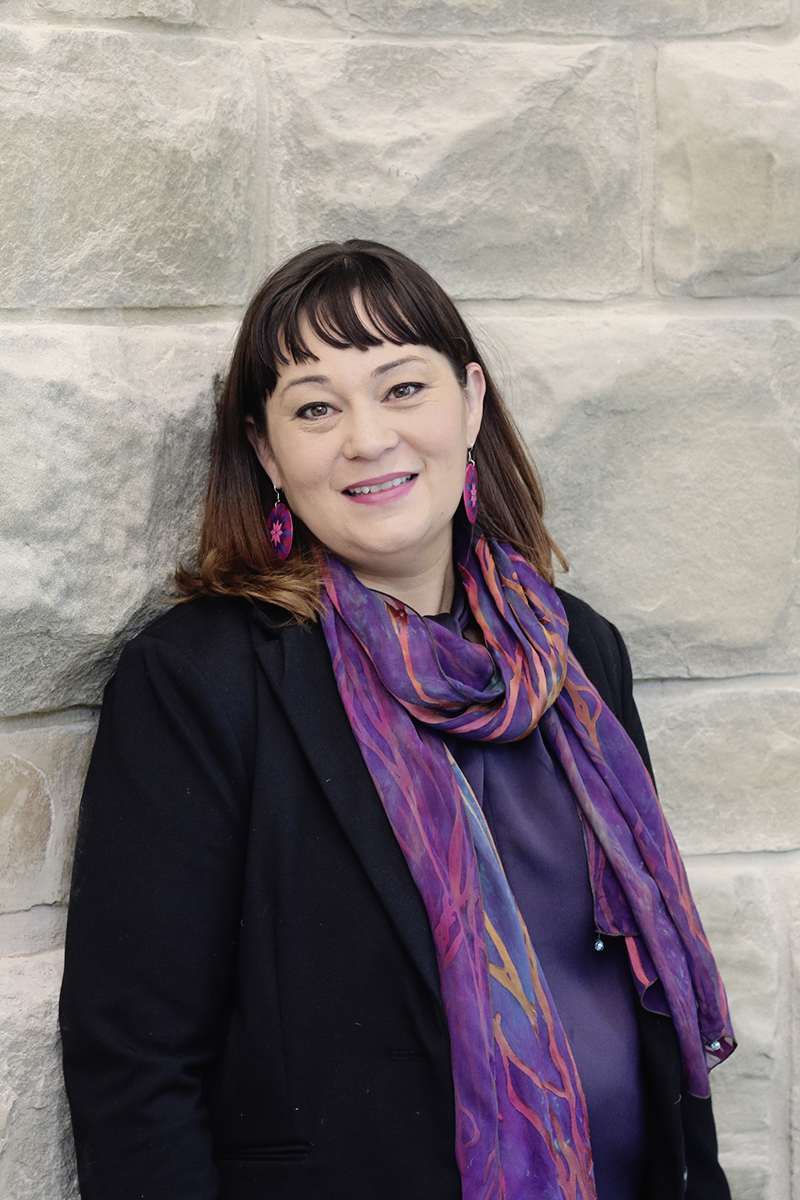Striving for equality and rights recognition
Advertisement
Hey there, time traveller!
This article was published 02/03/2020 (2161 days ago), so information in it may no longer be current.
“I Am Generation Equality: Realizing Women’s Rights” is the United Nations’ theme for International Women’s Day 2020, which will be celebrated around the world on March 8.
According to the United Nations, change is slow since not a single country in the world has achieved gender equality yet.

This year marks an opportunity for global action towards achieving gender equality and human rights for women and girls. For Jaime Cidro, an anthropology professor at the University of Winnipeg and Canada Research Chair in health and culture, it’s clear to see the challenges that women continue to face in the workplace and the academic world.
“Most of my students are women. Because I teach mainly graduate students, those women are often older and typically have children of their own. I have a student who is pregnant with her sixth child right now,” she said.“You have to really be innovative in terms of how you manage your home life and your school life and your career.”
For many women, it can be complicated to juggle family responsibilities and professional obligations.
“We need to have academic systems and employment systems that are able to respond to those complexities and support women in whatever situations they’re in. In order to have productive employees, you need employees who are happy at home and also happy at work,” said Cidro, a mother to three young children.
“Maternity leave and parental leave policies are really important, but it’s also important to ensure that women’s careers won’t be negatively impacted if they choose to have children. A culture change is needed in many organizations.”
Since Cidro works mainly with women, she feels like every day is International Women’s Day in a sense.
“The area that I primarily focus on right now is Indigenous maternal and child health,” she said. “I’m doing some work with doulas and looking at culture as a way to improve health outcomes for Indigenous women and families.”
She noted that the University of Winnipeg is also working on a project that focuses on non-traditional pathways to education by providing outreach opportunities to interact with the community.
“There are a variety of ways to open the doors to people who might not have considered coming to university — and that includes getting women on campus through different programming so they could potentially see university as a place for them to land at some point,” Cidro said.
“There’s lots of evidence that communities are elevated when girls and women are educated. When more women are in different types of roles, then different leadership unfolds. It’s really important to have women across all disciplines.”
At the University of Winnipeg, president Annette Trimbee can serve as an inspiration for other female faculty members. “I think the glass ceiling is breaking in terms of university senior administration,” Cidro said. “It’s something that’s been very positive for us.”



